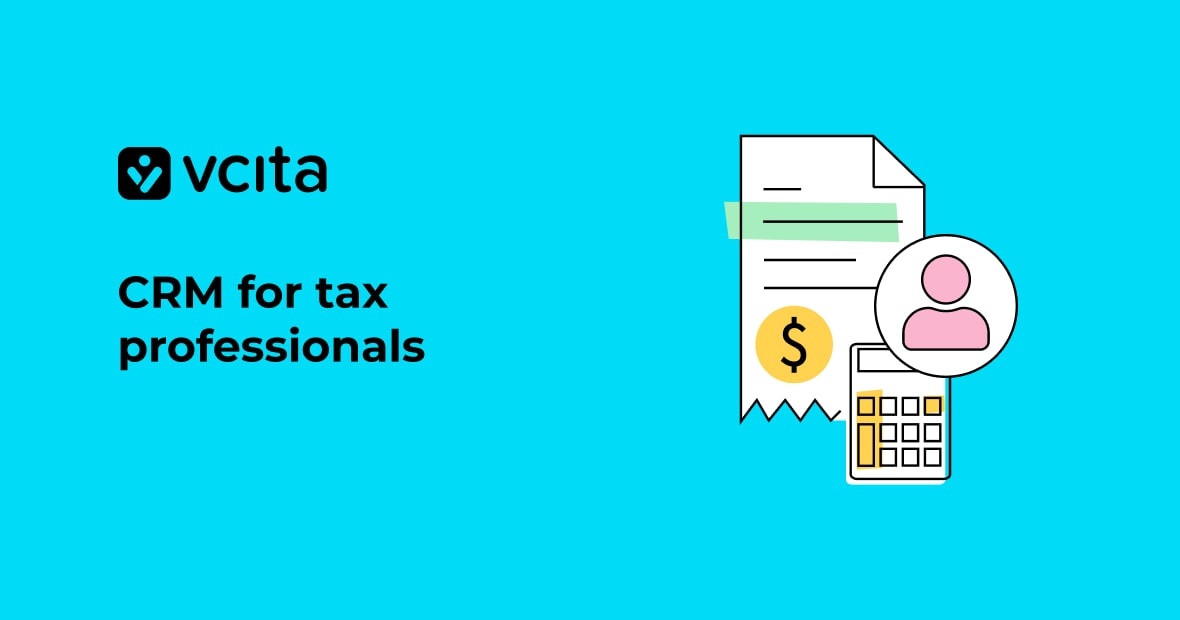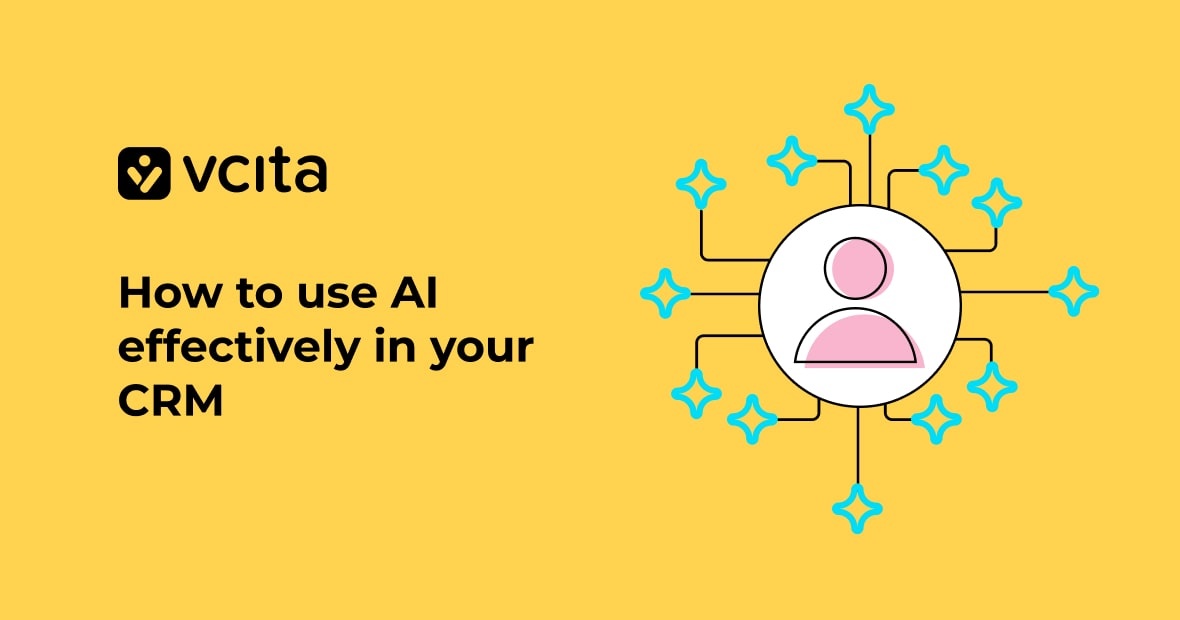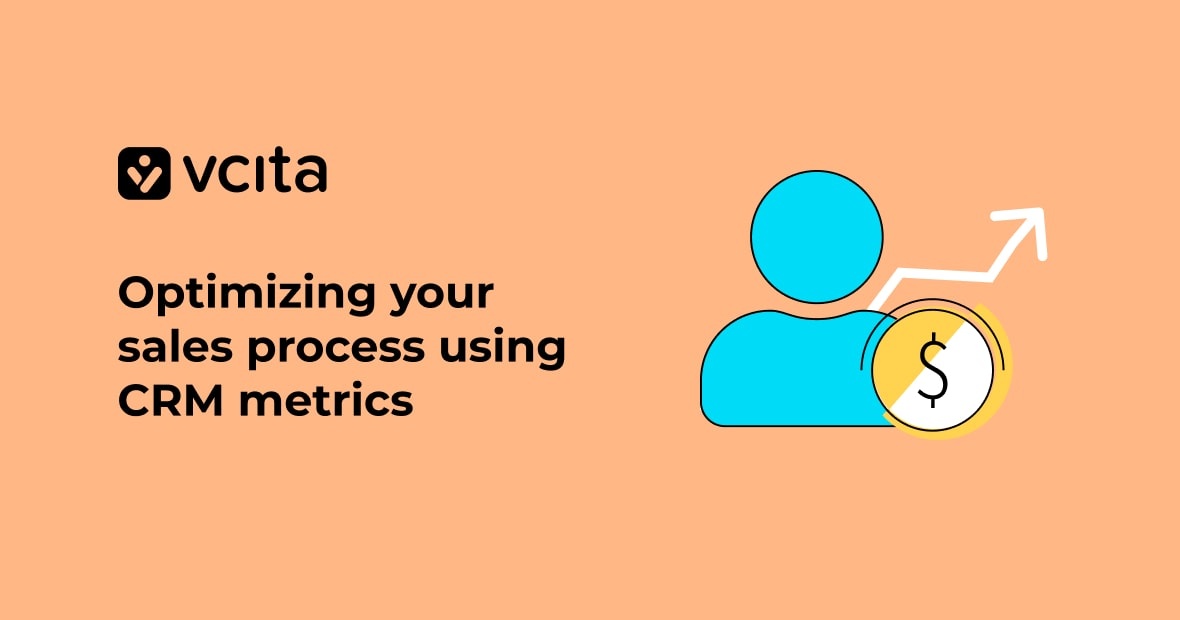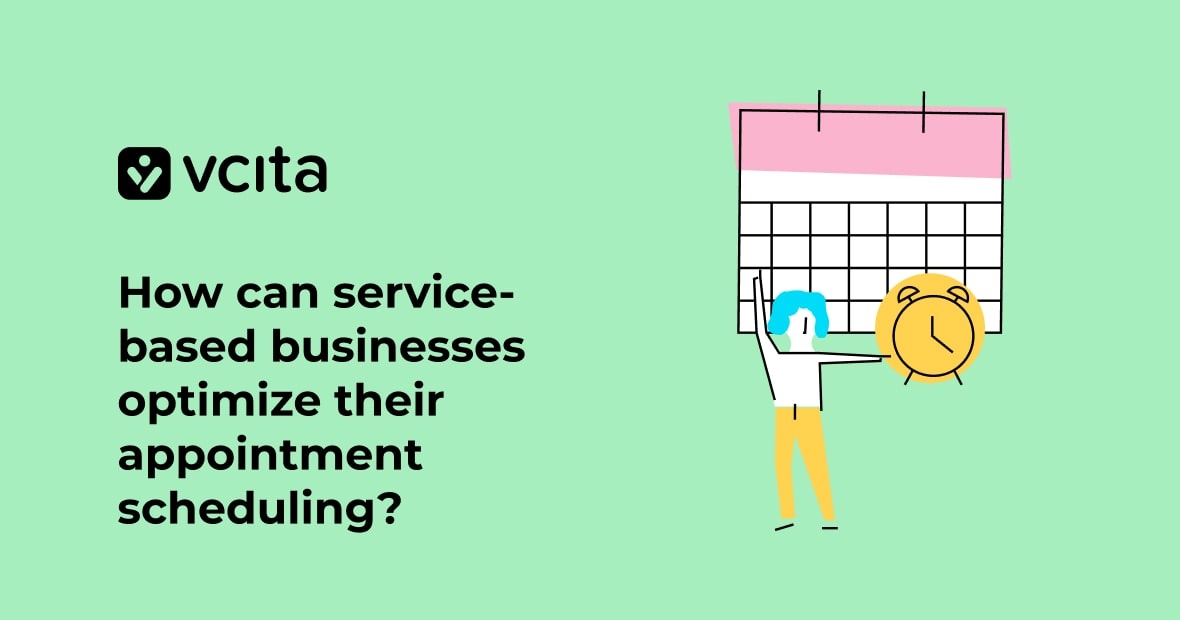As a tax professional, managing client relationships is crucial to your success. But it’s not easy to keep track of all your customer interactions and stay on top of client data. That’s why you need modern customer relationship management (CRM) tools designed for tax professionals.
Implementing CRM systems can revolutionize your practice, streamlining client communications and boosting efficiency. By leveraging a robust CRM solution, you’ll gain real-time insights into client interactions, optimize your sales process, and improve lead management.
This article explores key features of CRM software, helping you choose the right platforms to manage client relationships effectively.
The benefits of a CRM for tax professionals
Implementing a CRM for tax professionals can transform the way you manage client relationships and streamline your practice. Here are some key advantages:
Enhanced client management
A robust CRM system allows you to centralize client information, making it easier to track interactions, deadlines, and preferences. With all client data at your fingertips, you can provide personalized service and anticipate client needs, leading to improved client satisfaction and retention.
Smooth communication
CRM tools often include features for managing client communications, enabling you to maintain consistent and timely contact. This can help you nurture leads, follow up on tasks, and keep clients informed about important tax updates or deadlines.
Efficient workflow management
By integrating your CRM with accounting software, you can create a friction-free workflow that enhances productivity. From managing your sales pipeline to tracking billable hours, a CRM solution can help you optimize your sales process and improve overall efficiency.
Data-driven insights
Many CRM platforms offer real-time reporting and analytics, giving you valuable insights into your practice’s performance. This data can help you identify trends, measure client satisfaction, and make informed decisions to grow your business.
Key features to look for when choosing CRM software for your firm
Selecting the ideal CRM for tax professionals is crucial for streamlining operations and enhancing client relationships. You want to look out for these key features that are the sign of a reliable CRM.
User-friendly client data management
A robust CRM solution should offer comprehensive client information management. Look for systems that allow you to store and organize detailed client profiles, including tax history, financial documents, and communication logs. This centralized data repository ensures that you have all relevant information at your fingertips, facilitating more efficient client interactions and improved client service.
Seamless integration with accounting software
To maximize efficiency, seek out CRM systems that integrate easily with your existing accounting software. This integration allows for real-time data synchronization, which reduces manual data entry, saves time, and minimizes errors. A well-integrated CRM can help streamline your sales process and provide a more holistic view of your client relationships.
Advanced tools for client communication
Effective client communications are the backbone of successful accounting firms. Choose a CRM that offers email templates, automated reminders, and secure document sharing, along with an online booking widget for independent appointing scheduling. These features can help you maintain consistent contact with clients, manage your sales pipeline more effectively, and provide timely updates on tax-related matters.
Effective sales pipeline management
Choose a CRM that helps manage your sales process effectively. A robust lead management system can help you track potential clients, nurture relationships, and convert leads into loyal customers. When you can monitor every lead and client that interacts with your website, social media accounts, and email newsletters, you’ll be able to boost your revenue.
Powerful reporting and analytics for deep insights
Look for CRM tools that offer strong reporting capabilities. These features can provide valuable insights into your firm’s performance, client satisfaction levels, and areas for improvement. Advanced analytics can help you identify trends, optimize your lead management strategies, track key performance indicators,and make data-driven decisions to grow your practice.
Intuitive interface and gentle learning curve
Ensure the CRM is intuitive and easy to use out of the box, without requiring any tech expertise to get it up and running. A user-friendly interface promotes adoption among your team and allows for efficient management of client relationships without a steep learning curve.
By carefully considering these factors, you can select a CRM that aligns with your firm’s needs, enhancing customer service and driving growth for your tax practice.
How to get your team onboard with the new CRM
Introducing a new CRM for tax professionals can be a game-changer for your practice, but success hinges on team adoption. Here’s how to ensure your staff embraces your new and shiny CRM software.
Communicate the benefits
Clearly articulate how the CRM solution will streamline client communications, enhance the sales process, and improve customer service. Highlight key features that address pain points in managing client relationships, and emphasize how they will make your employees’ jobs easier.
Provide comprehensive training
Invest in thorough training sessions to familiarize your team with the CRM system. Cover essential functions like lead management, sales pipeline tracking, and client information organization. Offer hands-on practice to boost confidence in navigating the platform.
Encourage and implement feedback
Create an open dialogue about the new CRM tools, and regularly check in with your team to address concerns and gather suggestions for improvement. Use their input to customize the CRM to better fit your accounting firm’s unique needs, so that they know you value their feedback.
Lead by example
Demonstrate your commitment to the new CRM by actively using it yourself. Showcase how it enhances your own productivity and client interactions. Your enthusiasm will inspire your team to fully embrace the technology, leading to improved client management and a more efficient practice overall.
Your accounting firm is crying out for a CRM
From lead management to improved client interactions, modern CRM platforms offer a comprehensive management system for accounting firms. By leveraging the power of CRM software, you’ll streamline client communications, optimize your sales pipeline, and enhance customer service, positioning your practice for growth.




























